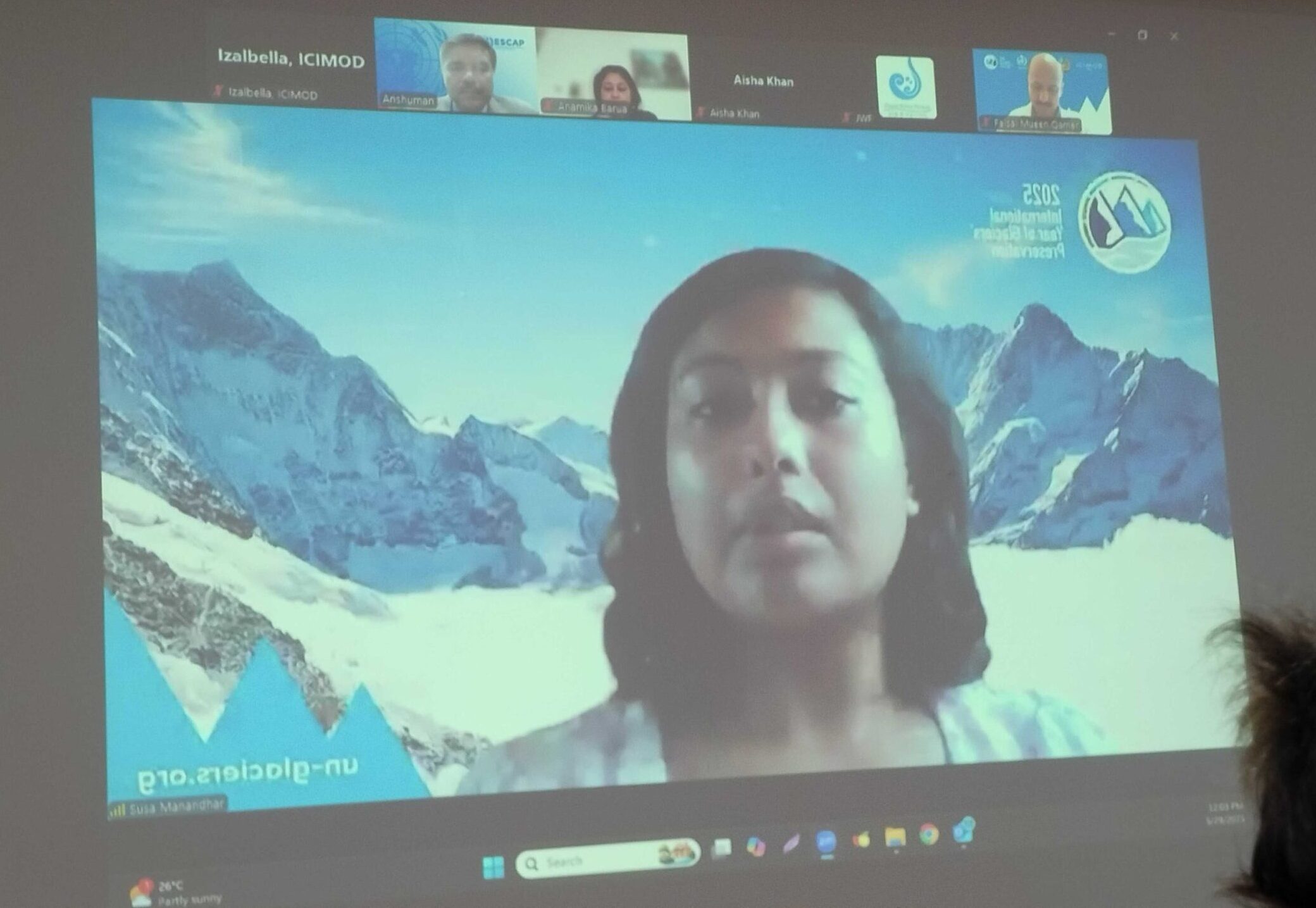The Small Earth Nepal (SEN) and KP Byawasayik Sewa P. Ltd. (KPBS) successfully conducted the final sharing workshop of the project “Waste-to-Energy for Indigenous Communities In Karnali Province” supported by the United Nations Development Programme-Global Environment Facility-Small Grant Programme (UNDP-GEF-SGP), on 29 November 2022 at Surkhet. The project was implemented in the indigenous Raji communities of Taranga and Kuta villages in Barahtaal Rural Municipality in Surkhet. SEN with the local partner KPBS implemented the project for the last eighteen months in generating clean energy (biogas) with the toilet and household wastes for the forty households of the Raji community and including building their capacity. The objective of the workshop was to share the overall progress of the project and to inform the stakeholders.
The program was chaired by Mr. Bhim Bahadur Bhandari, Chairperson of the Barahtaal Rural Municipality, the chief guest was Mr. Gopal Sharma, Senior Divisional Engineer, Ministry of Water Resource and Energy Development of Karnali Province, and special guests were Mr. Brish Bahadur Sijapati, Chairperson of Ward No. 4 of Bharahtaal Rural Municipality, and Mr. Tek Bahadur Kathayaat, Ex-Chairperson of the same ward. The program was moderated by Mr. Krishna Prasad Dhakal (Managing Director, KPBS). The workshop was accommodated by 30 participants including 5 members representing the beneficiary households from Raji Communities.
Mr. Dhakal started the program by welcoming all the participants and providing an overview of the project. Mr. Bhawani S. Dongol (Executive Director, SEN) gave a presentation on the overall progress and achievement of the project along with a project video, including a brief background of SEN followed by the discussion session. Mr. Julphay Raji, a local representative of the Raji community, discussed how the Waste-to-Energy project has been a huge blessing to the community, despite the challenging initiation of the project. The current ease of life, the biogas, and other entrepreneurship training provided to them have made more people want to install this technology. Ms. Ganga Devi Raji (Former ward member, Kuta) put forth her recommendation to initiate more innovative projects like this for further improvement of the quality of life of indigenous communities.
Mr. Gopal Sharma, chief guest of the program stated that the sustainability of any project depends on how the implementers and end users can work together to ensure the end results are for a better future. Mr. Sharma emphasized that the time saved by the biogas should be utilized for more productive work. Mr. Brish Bahadur Sijapati, the special guest, was also very hopeful that the Waste-to-Energy project can help bring more innovations in livelihood improvement to the indigenous communities living in rural areas.
Mr. Bhim Bahadur Bhandari, chair of the program in his closing remarks highlighted the importance of such an innovative project in rural areas of Karnali such as Kuta and Taranga. The activities of Barahtaal Rural Municipality have been an example to all the 10 Municipalities in the Karnali Province. Mr. Bhandari believed that this project has shed light on the importance of rural community development and that the local or even provincial government will start strengthening the capabilities of rural areas as well. He added that such programs should be continued and requested participants and stakeholders to collaborate in moving forward in the coming days. Mr. Bhandari expressed his sincere gratitude to UNDP-GEF-SGP, SEN, and KPBS, and all the participants and Raji Community for their active participation and support in making the project successful.

Mr. Bhim Bahadur Bhandari, Chairperson of the Barahtaal Rural Municipality giving his remarks
Participants of the program




